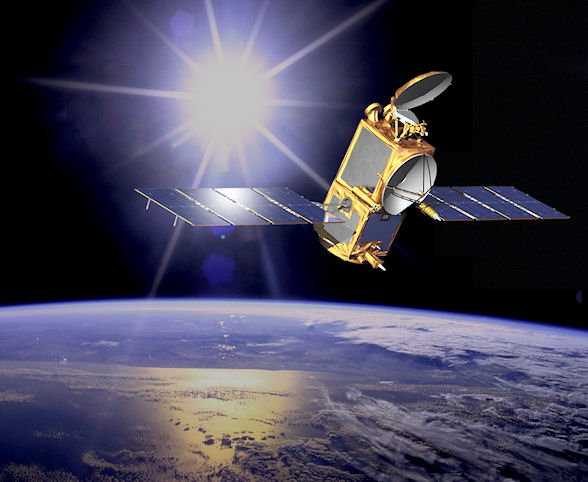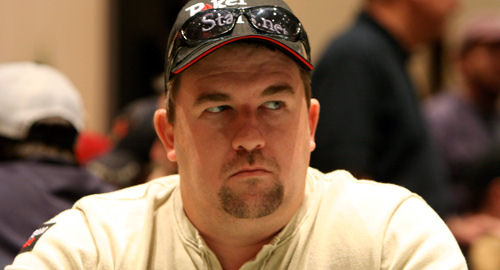Last week we took a brief look at Sit n Go’s – which are basically mini tournaments – and why they are not only great fun but also the perfect way to hone your late tournament game. Today we’re going to look at another type of tournament poker game that can provide tremendous benefit to the aspiring player – satellites.

A satellite tournament is a tournament in which rather than playing for a cash prize, the reward at the end is entry into a much bigger buy-in event. For example, many casual poker players would find the US$10,000 entry fee to the World Series of Poker Main Event to be beyond their means, but US$1,000 might be achievable so the WSOP offers a number of US$1,000 “satellite” tournaments in the lead-up where the top 10% of players qualify for the Main Event for a fraction of the full buy-in.
That said, it is vital that you keep a few basic strategy rules in mind if you feel this sort of opportunity is what you’ve been looking for – you can’t simply sit down and play a satellite using the same methodology you would in a normal tournament.
The most important thing to remember is that your goal in a satellite tournament is very different to that of a normal tournament where you are trying to win the whole thing. In a satellite, you will usually only need to finish in the top 10% of players to qualify, so rather than risking elimination in order to build a monster stack, in the exact same situation in a satellite you might be better folding in order to avoid elimination.
This is a key factor to remember in satellites – more than anything else, your ultimate goal is survival. Sure, it’s nice to reach the end of a satellite as the big stack, but at the end of the day it makes no difference whether you have 100 big blinds or two big blinds remaining when the bubble bursts. The prize is exactly the same.
That’s not to say that you shouldn’t ever take risks – you don’t get anywhere in poker without them – but they should be calculated and generally reserved for the mid stages of a satellite rather than the early or end game stages. Why is this? Well, for starters, stacks during the early stages are small compared to what they will be later, so an early double-up guarantee your survival later on. Therefore, there is no need to take unnecessary risks during these early stages.

Chris Moneymaker won a US $39 satellite into the 2003 WSOP Main Event, then won that tournament too for US$2.5 million!
During the end stages, it really does become about survival so unless your stack is getting critically low, there is no need to take risks with medium strength hands. Instead, if you are going to take some risks, wait until the middle stages of the tournament where stacks are starting to grow and the reward for one big double-up could well be a stack you can then nurse into the top 10%.
Satellites are great fun and easily the best way to win your way into big events you would never otherwise be able to afford. Just make sure you pay close attention to your ultimate goal – the rewards for doing so can be immense.







